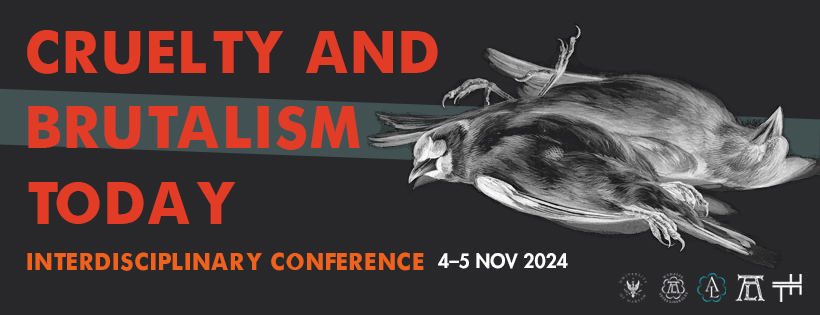Katarzyna Szafranowska
(University of Warsaw)
Abstract:
In the “society of tiredness” marked by exhausted and depressed subjects (Han 2015), it seems almost self-evident that there is a growing interest in R.E.S.T., or restricted environmental stimulation technique. A substantial body of research has shown that the temporary sensory deprivation provided by REST has beneficial effects on the symptoms of anxiety and depression (eg. van Dierendonck and Nijenhuis 2005, Lashgari et al. 2024). Isolation tanks, originally designed in 1954 by John C. Lilly as an experiment in mind control with potential military applications (Williams 2019) are now widely available for commercial use. They offer a form of solitary confinement that is no longer viewed as a severe punishment, but as a treatment for overstimulation — cognitive, emotional, and sensory overload resulting from the intensified connectivity of contemporary life.
Arguing that the sensory isolation offered by REST is a cruel fantasy of non-relationality, I examine its philosophical premises and socio-ethical implications. Firstly, I propose that float tank therapy represents an attempt to optimize rest, boredom, and contemplation. In the context of the therapeutic culture (Illouz 2008), I demonstrate how non-relationality is commodified and marketed as a form of self-care. Secondly, I analyze the withdrawal and comfortable numbness implied by the promise of minimal sensory input — a temporary erasure of both environmental and bodily context. As such, sensory deprivation is more than another rendition of self-absorption (Sennett 1974), becoming an elaborate, yet failed, exercise in non-existence, a strategic pause in the basic interdependence of living beings. Thirdly, I argue that isolation tank therapy presents self-referentiality as a “technology of the modern non-self” (Pickering 2010). By deliberately erasing the other as a point of reference (Han 2016), it becomes a form of escapism from the inconvenience of others (Berlant 2011, 2022). Fourthly, I claim that due to its commercialisation, delusive character, and idealisation of non-relationality, REST is ultimately cruel, as it deepens the crisis of connection (Way et al. 2018), and hinders both ethical and political responsiveness (as understood by Butler, Athanasiou 2013). The popularity of isolation tanks signals a trend toward anesthetization, serving apathy instead of empathy, and thereby further eroding the social.
Bio:
Katarzyna Szafranowska teaches and researches at the University of Warsaw. She is a philosopher and cultural theorist, working as an assistant professor at the Faculty of “Artes Liberales”. Her interests encompass gender studies, feminist theory, French poststructuralism and Jewish philosophy. Currently, she is investigating the influences of French thought on Jewish feminism, and feminist readings of the philosophy of Spinoza.
